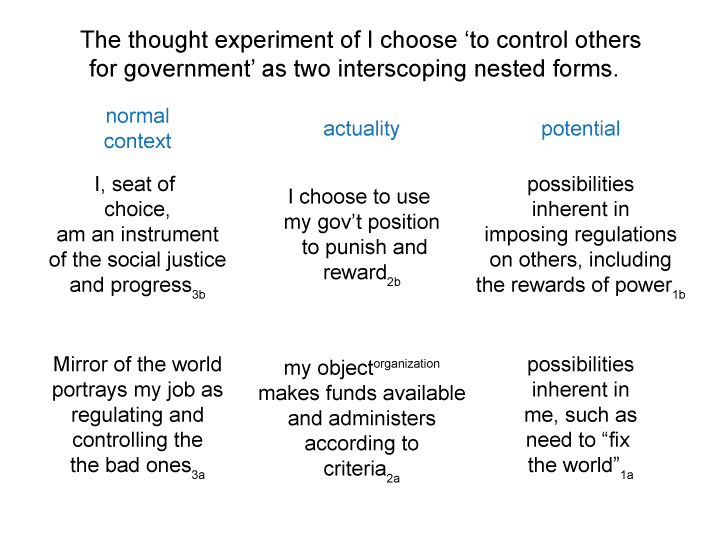Man and Sin by Piet Schoonenberg (1964) 2.3 RF
[The camps of America may be instituted on the basis of class action lawsuits, brought by the sovereign central government, toward particular individuals or classes of individuals.
Since no individual can afford the cost of litigation, the individual must plea bargain.
As part of the plea bargain, the individual is sent to a camp.
Thus, the court system, created to serve justice, may be bent to serve the sovereign’s social justice.]

